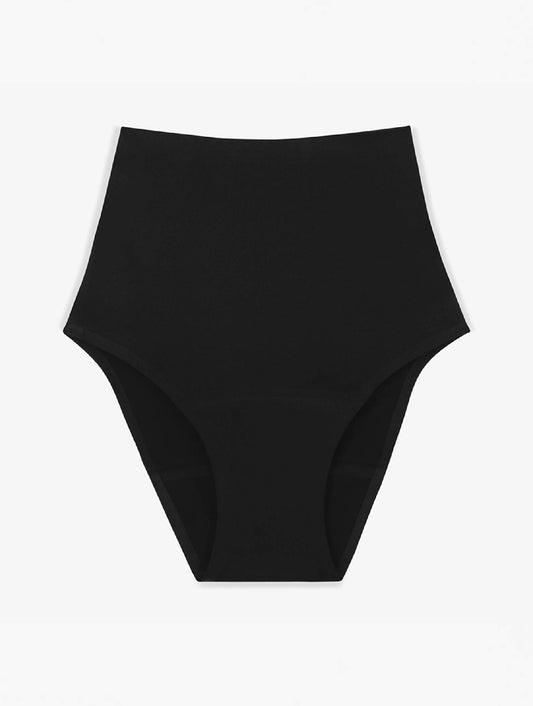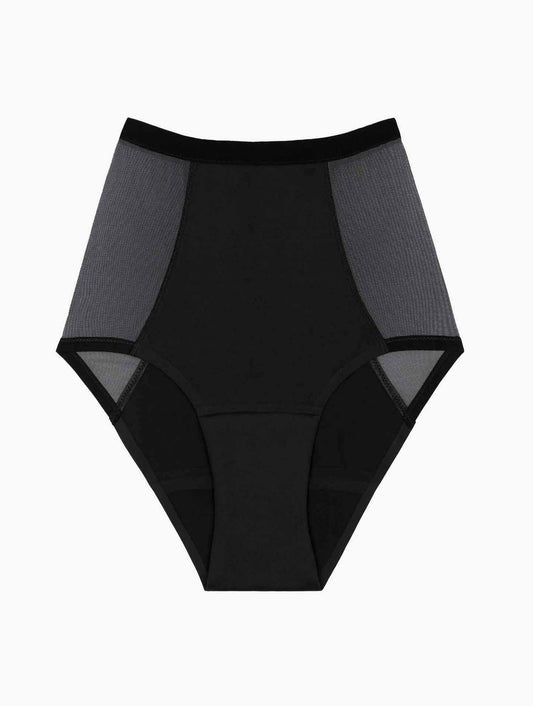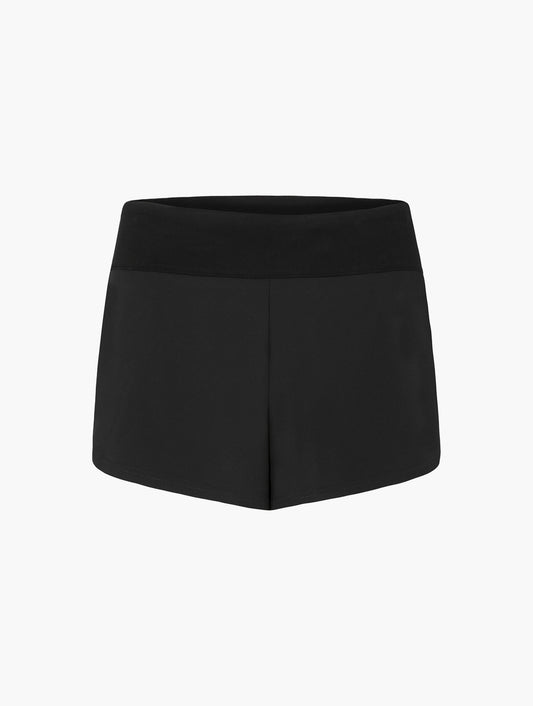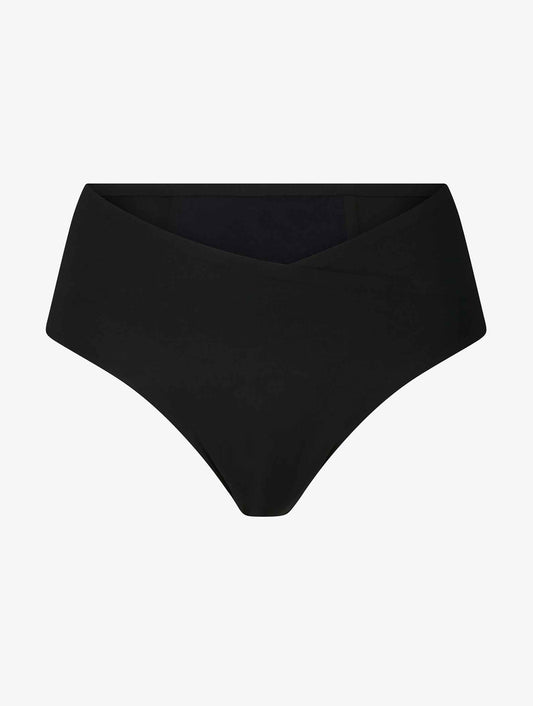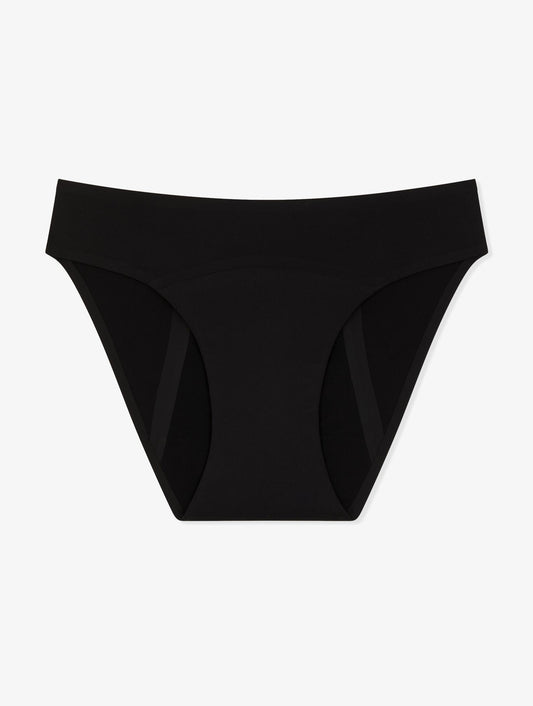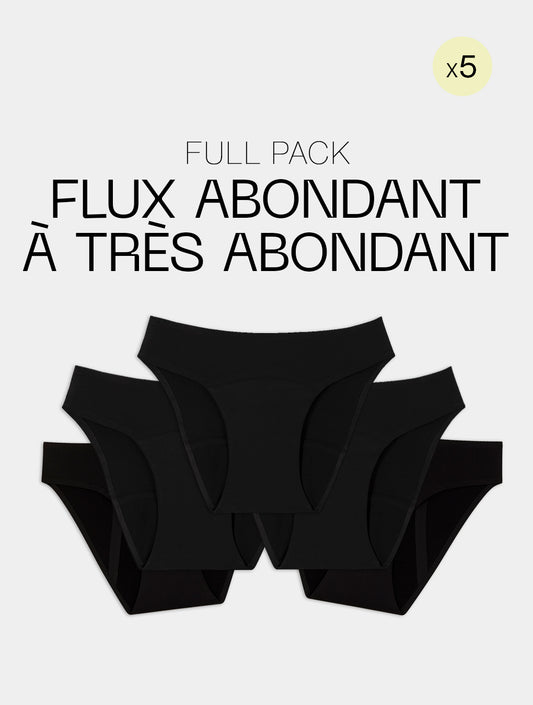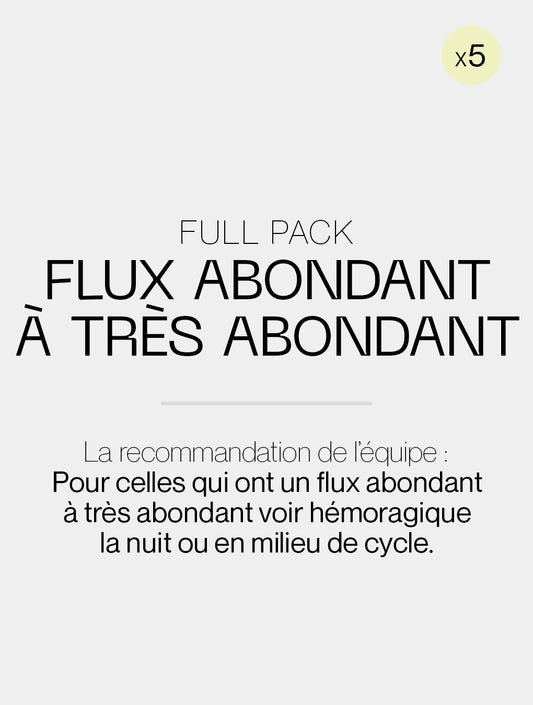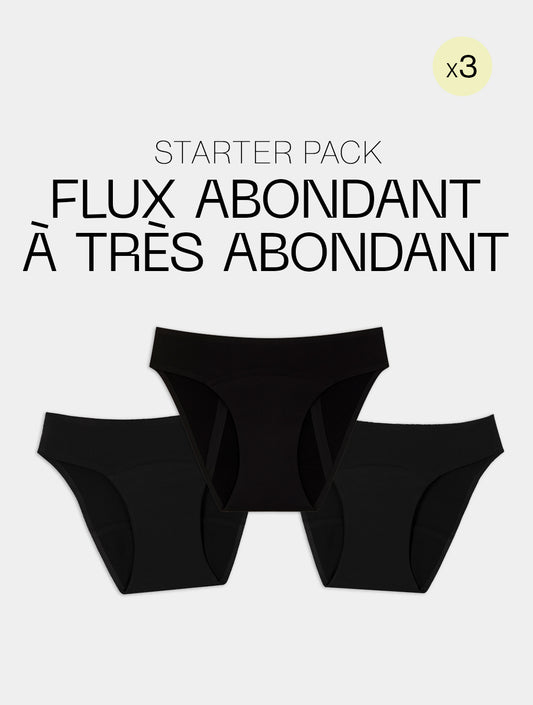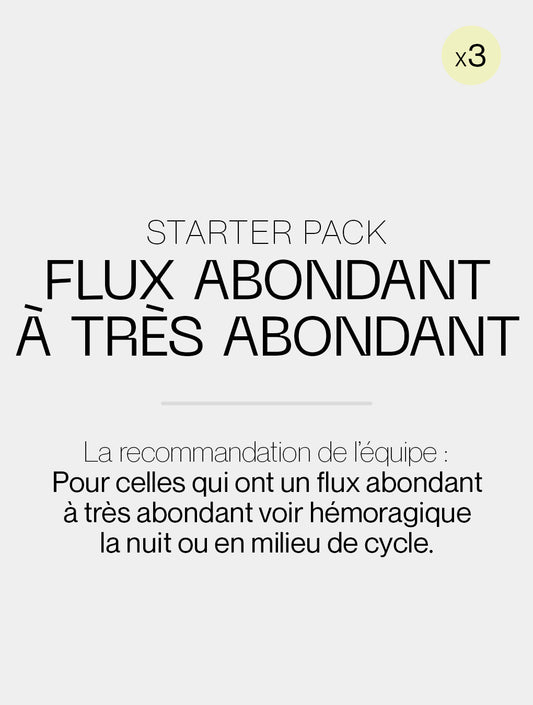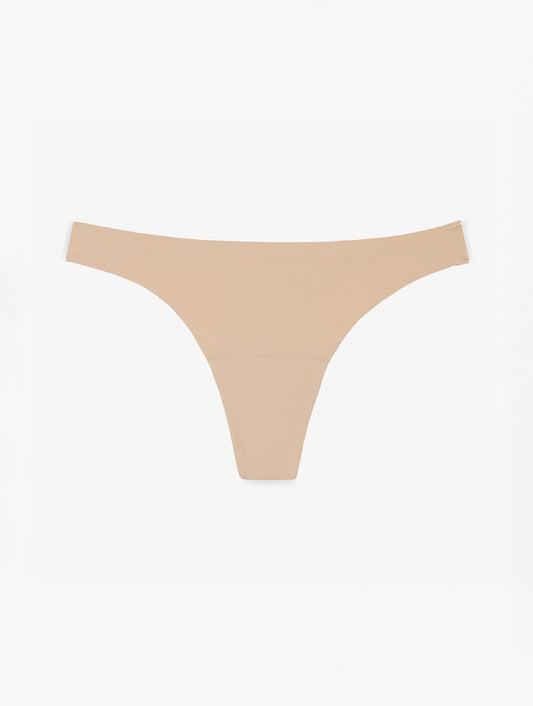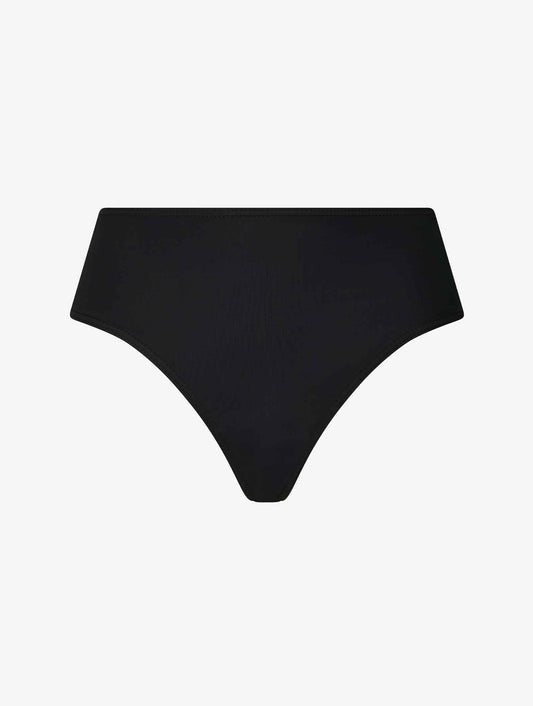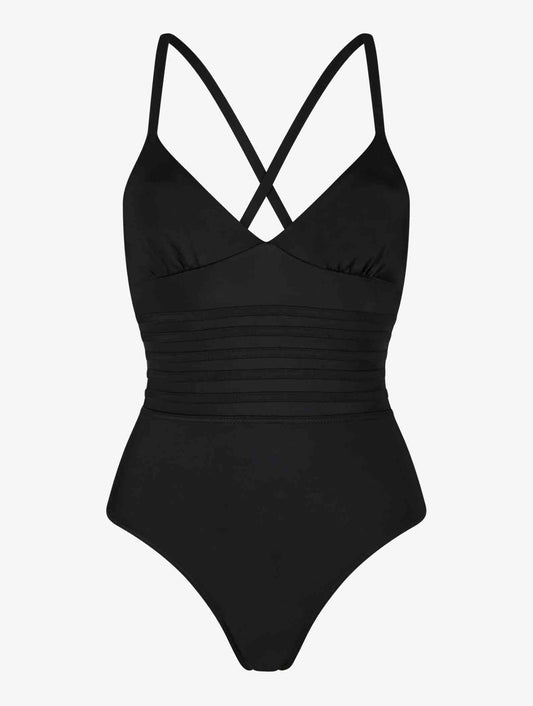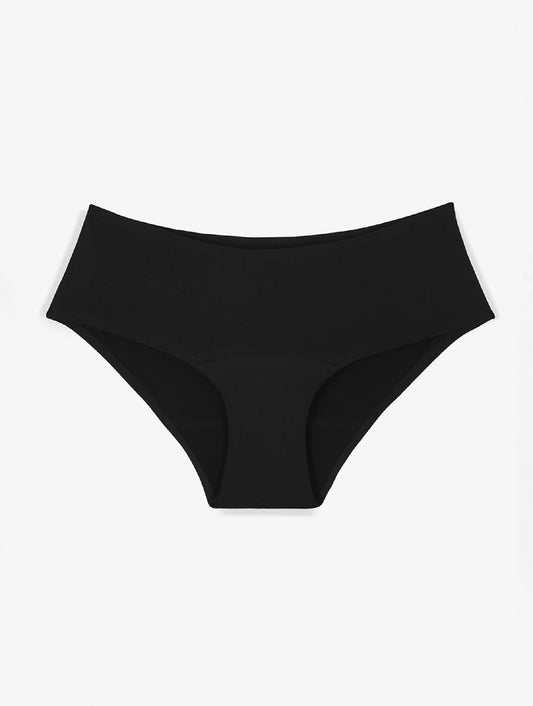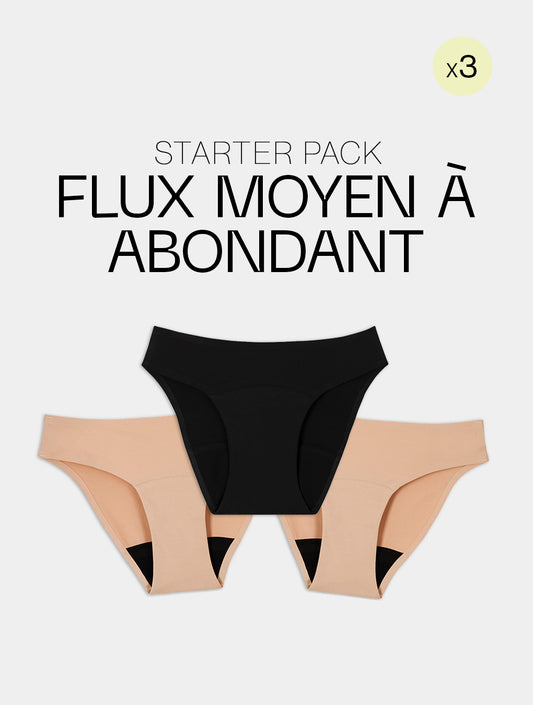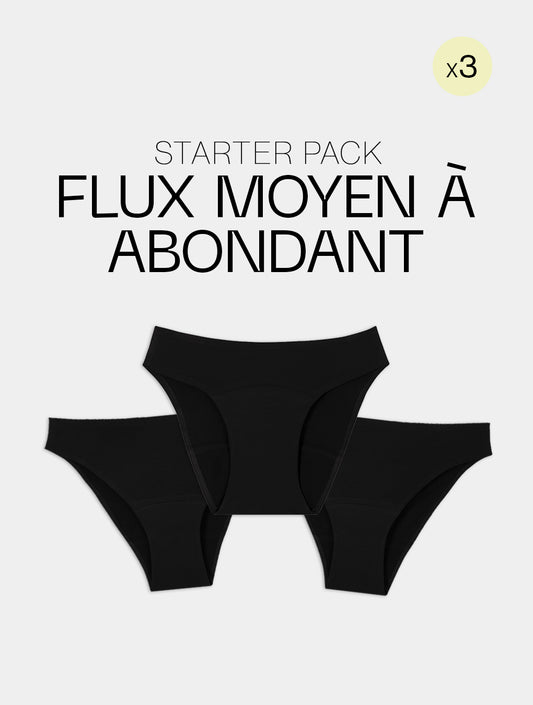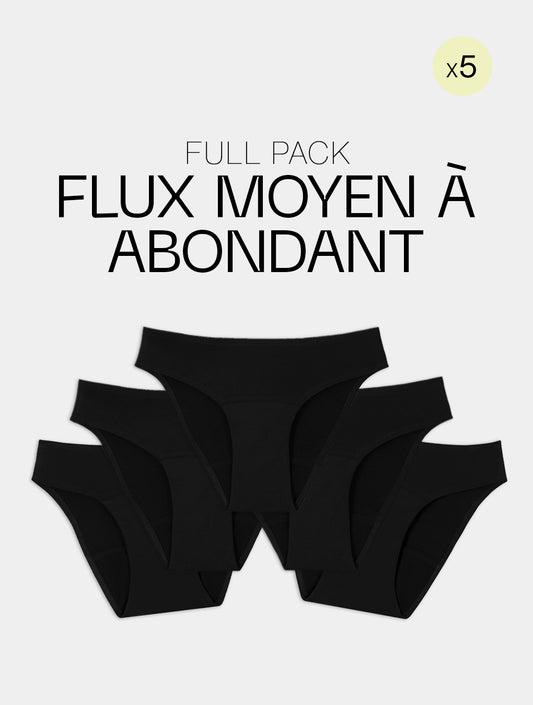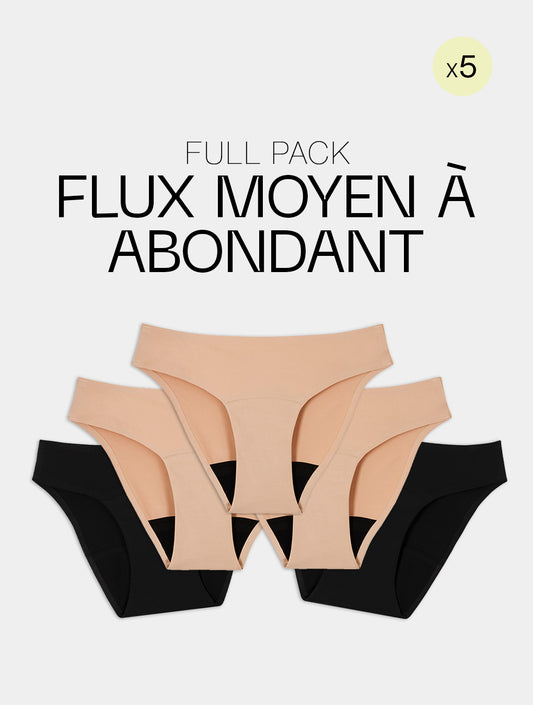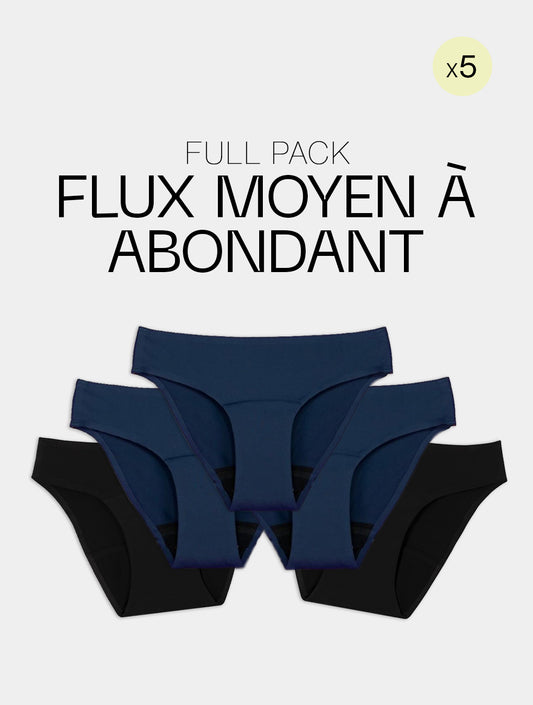The 5 rules of zero waste for menstruation
It was in the 1920s that the first hygienic protections were marketed. A revolution which completely changed the relationship between women and their periods. They then swap the protection methods of the past, to adopt disposable protections.
We now know that these periodic protections can seriously harm women's health and the environment. And to meet the growing demand for healthier and more environmentally friendly intimate protection, several alternatives have emerged.
Consuming better is a key issue for the planet and for people, therefore even if it means changing your protection, why not opt for zero waste? Here are five zero waste alternatives and rules (no pun intended) that will allow you to reduce your environmental impact and preserve your health throughout your menstrual cycle .

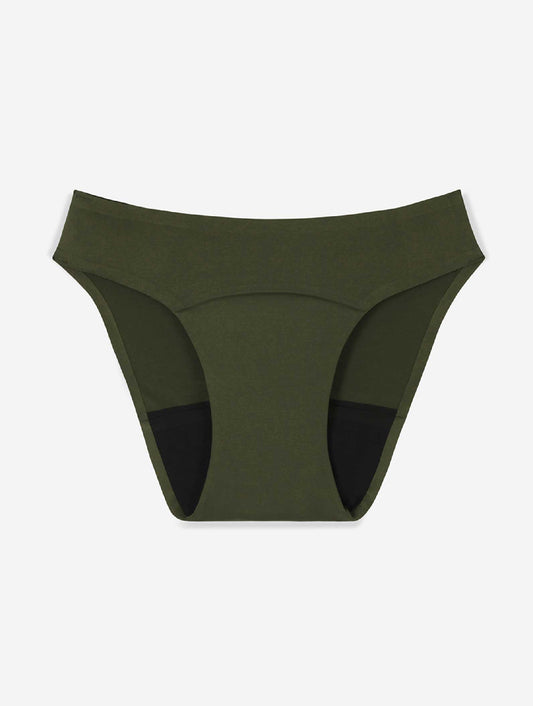



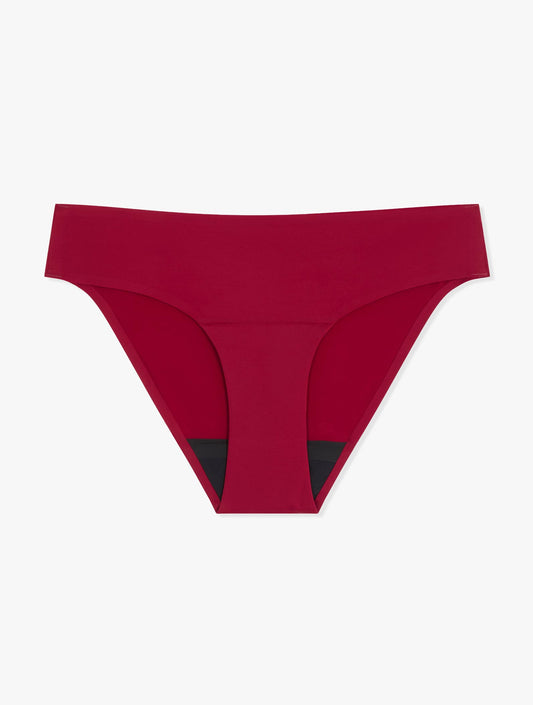




Be careful with the cup or menstrual cup, you will
The menstrual cup is undoubtedly one of the best-known alternative hygienic protections on the market. An increasingly popular alternative, so much so that many brands offer it.
The menstrual cup looks like a miniature silicone funnel. During menstruation, it is placed in the vagina, so that it can collect the discharge. Just like the tampon, it is an internal hygienic protection, and although it does not contain the same substances, the risk of toxic shock remains significant. In theory, the cup can be kept for eight hours straight. However, if you decide to opt for this protection, test it first at home, to see if it really meets your expectations and to adapt the exchange frequency to your flow.
For beginners, the application can be a small obstacle course. A little practice will be required in order to position the cut correctly and not feel any discomfort.
The washable towel, you will consider
Those who are mothers have undoubtedly already heard of washable baby diapers and are perhaps already familiar with the insert principle. They will therefore not be destabilized by the mysterious washable towels.The washable towel is actually made up of two layers: one waterproof and one absorbent. Maintenance is simple, it can be washed with daily laundry. Be careful, however, not to use fabric softener which can impact the absorption system.
The vaginal sponge, you will ban
Much less polluting than other menstrual protection, the vaginal sponge apparently has all the qualities required to be a zero waste option.
The argument put forward by the companies that market the vaginal sponge is that it is 100% natural. What is true ! However, the vaginal sponge is actually a sea sponge cleaned for use as sanitary protection.
Despite its good intentions, the menstrual sponge is not a viable option, as it poses high health risks. Sea sponges by nature feed on bad things in the water by absorbing them. They have naturally absorbent and cleaning properties, but this is also what makes them a dangerous product. Beyond the fact that the user must wash the sponge herself, the sponge is inserted into the vagina and can therefore increase the risk of infection. All this not to mention that in the 90s, the Food and Drug Administration did a study that found that vaginal sponges contained bacteria, mold and sand.
Period panties, you will adopt
Period panties, as their name suggests, are simply panties, but better! Discreet and feminine, menstrual panties are an effective alternative for zero waste periods.
Period panties , like washable sanitary napkins, are external hygienic protection, so there is no risk of toxic shock. They are made of an absorbent fabric which allows you to be protected for several hours.
The free instinctive flow, you will test
For those who are not afraid, the free instinctive flow is perhaps the solution for zero waste rules. With this method, everything comes down to instinct, the goal being to wear absolutely no protection, to manage your flow and to listen to your body. The principle is to feel the sensation of blood flowing, block it and empty the blood retained in the vagina to the toilet.
In terms of zero waste, this method seems perfect. However, in practice, everything gets complicated, managing your flow can be learned, so why not start the experience by bringing protection like period panties, just in case.
By Célia









